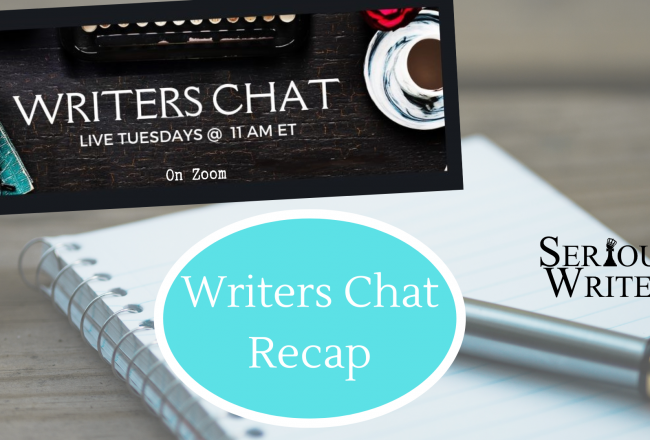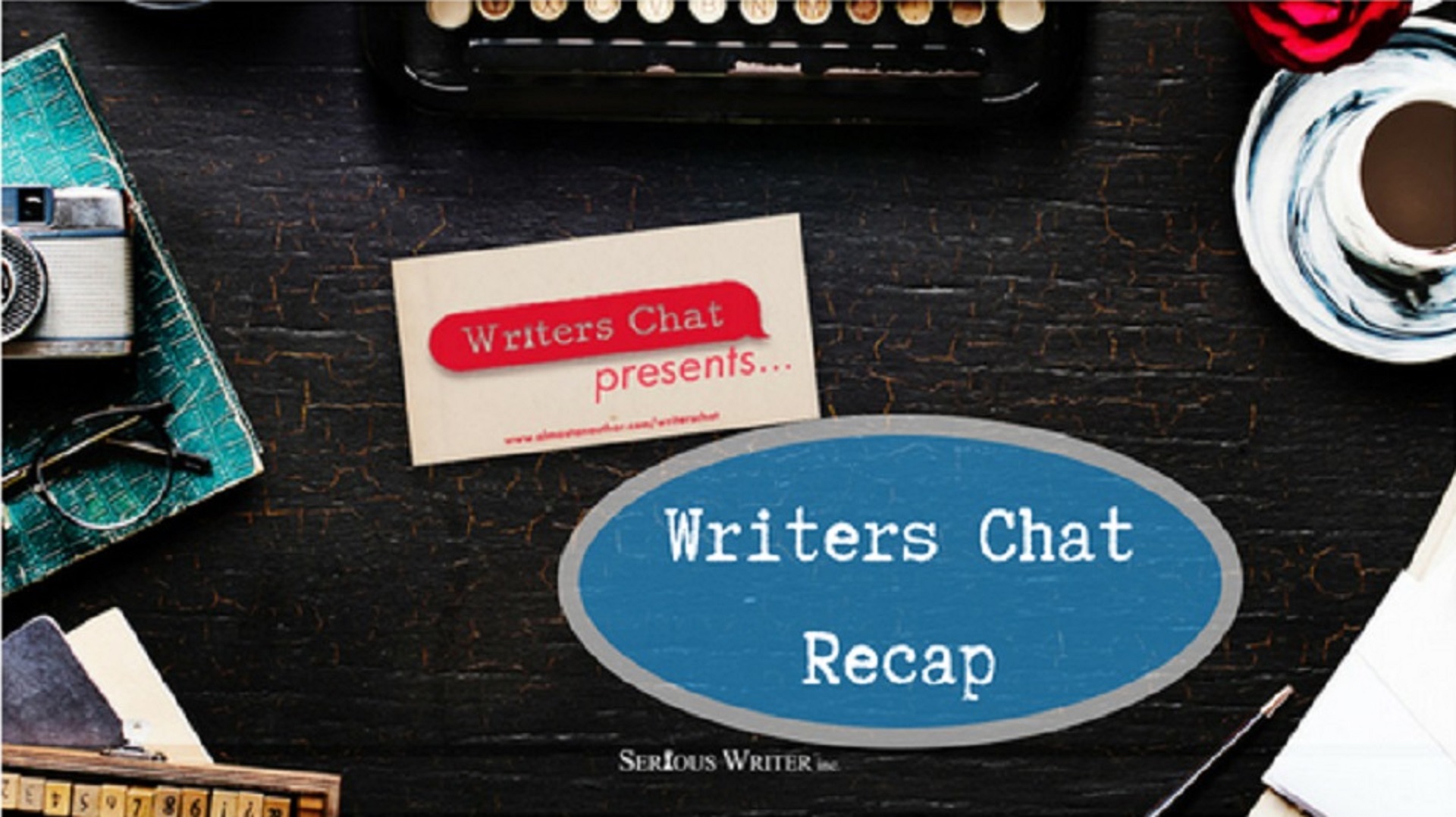
Writers Chat Recap for November, Part 1
Writers Chat, hosted by Jean Wise, Johnnie Alexander, and Bethany Jett, is the show where we talk about all…
November 15, 2018
Writers Chat, hosted by Jean Wise, Johnnie Alexander, and Bethany Jett, is the show where we talk about all…
November 15, 2018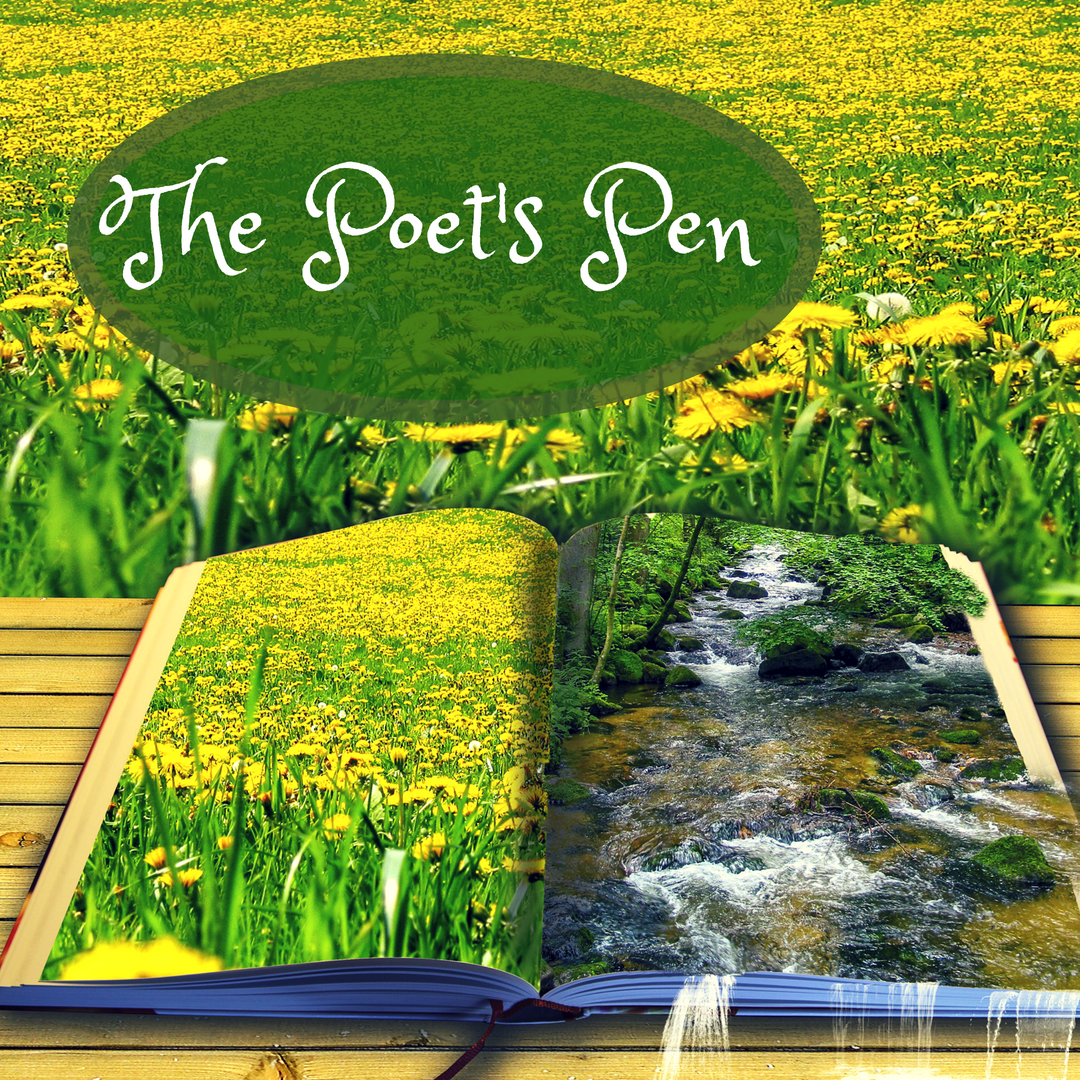
There are many ways to show gratitude and writing a Thanksgiving poem is the way many have expressed themselves…
November 13, 2018
I recently read some advice to self-published authors, to the effect that Lulu offers their clients a “free” ISBN—but…
November 12, 2018
I recently watched an interview with best-selling author John Grisham and was delighted to hear him talk about his…
November 11, 2018
Releasing November 8th, A Musket in My Hands is Sandra Merville Hart’s third Civil War romance with Smitten Historical…
November 8, 2018
It may seem counterintuitive, but we can actually improve our productivity by taking breaks. God invented the concept of…
November 8, 2018
Most authors will hit a dry spell at some point in their career. Whether they consider it “writers block”…
November 7, 2018
“What do you write?” Sit down with a group at a writers conference or anywhere else writers gather, and…
November 6, 2018
As most of us know, this month (November) is known to writers as “NaNoWriMo” or “National Novel Writing Month.”…
November 5, 2018
A few months ago, I was asked by an agency to do a rewrite of an older screenplay I…
November 4, 2018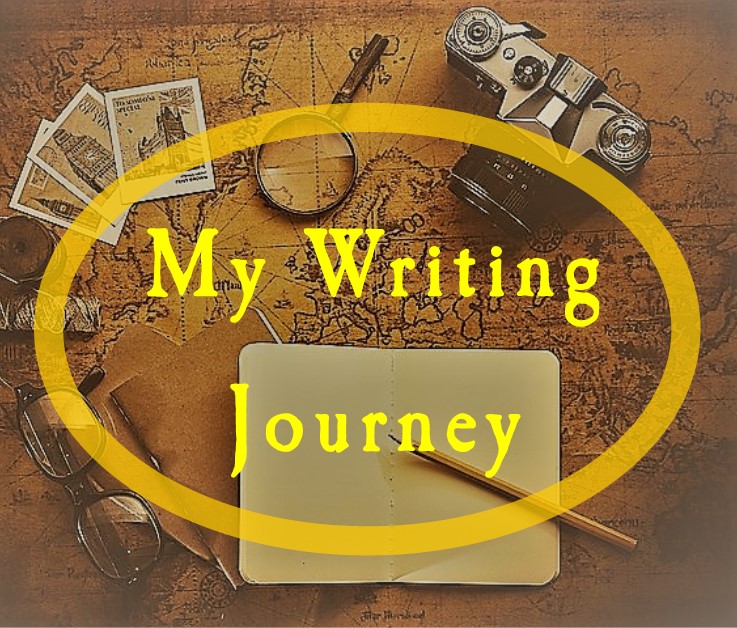
The fact I started writing a full-length novel as full-time student might seem a little scary, and you’d be…
November 3, 2018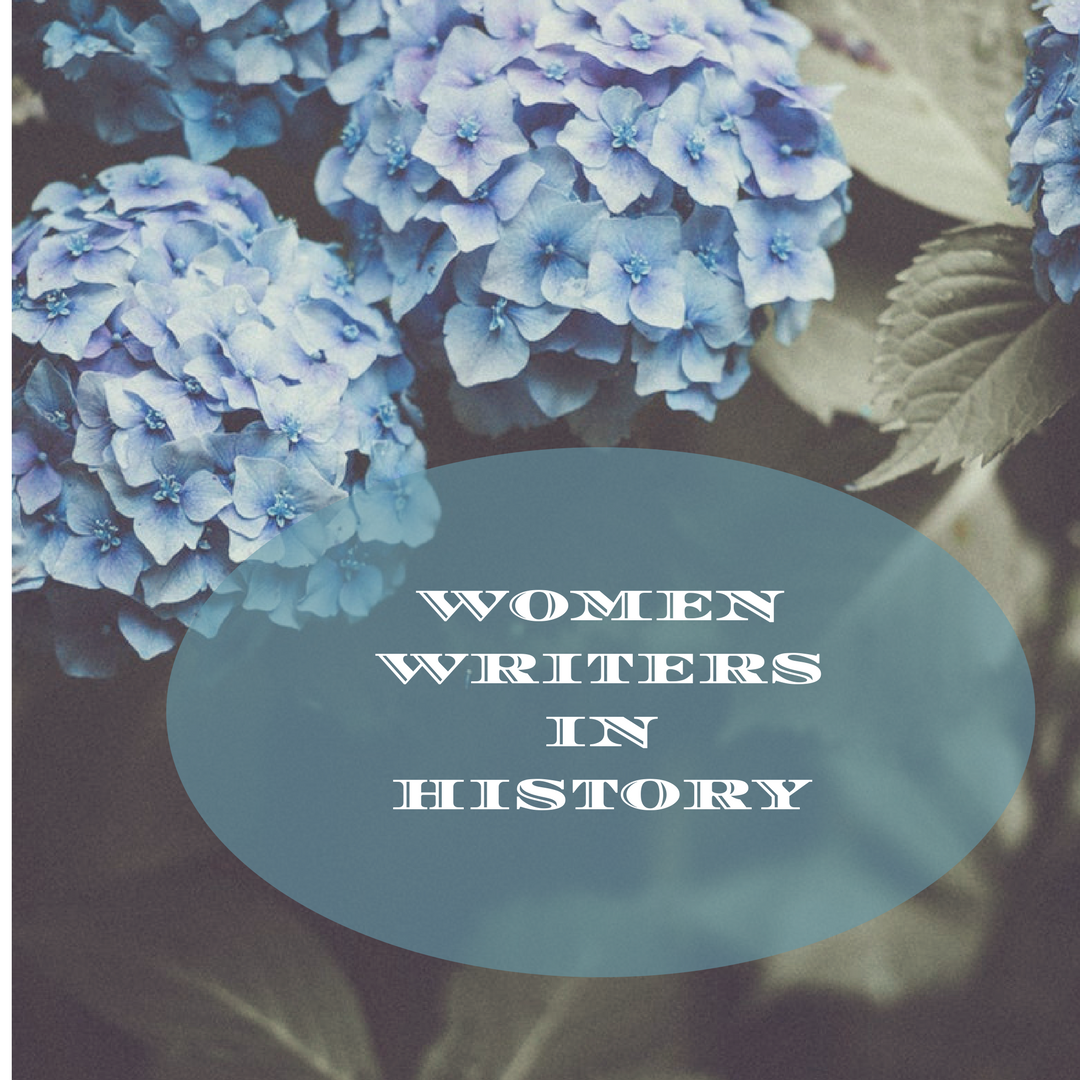
With the November holiday season upon us, turkey tops the menu lists for traditional American fare at family gatherings.…
November 2, 2018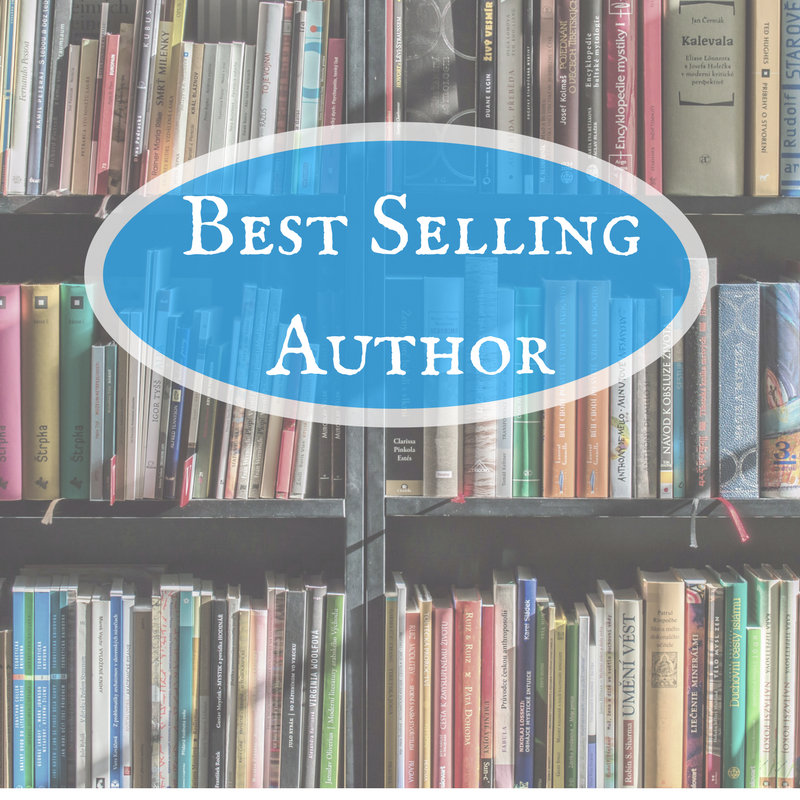
Can you share a little about your recent book? My recent book. ALASKAN HOLIDAY is about a young woman…
November 1, 2018
Talented. Well-intended affirmation sculpted my ego into a thin glass spine. Unaware of how fragile my assurance would soon…
October 31, 2018
Writers Chat, hosted by Jean Wise, Johnnie Alexander, and Bethany Jett, is the show where we talk about all…
October 30, 2018
When most people meet me, they often tell me they can’t tell I’m disabled. Sometimes, they will never notice…
October 29, 2018
I have to be honest: I have worked with bands for years and years, and while nothing feels more…
October 28, 2018
Normally, when you search for a definition, you are looking for a way to narrow a term or concept.…
October 27, 2018
Online copywriting gurus say you need a niche if you want to make it as a content marketing writer.…
October 27, 2018
Novelists Unwind Guest Melody Carlson has written over 200 books but is especially known these days for her Christmas…
October 26, 2018
“Can I really compare my book with a bestselling author’s book?” “Why do I need this? Won’t I shine…
October 25, 2018
Do details matter? In the world of blogging, I would say, “Yes.” You labor over a beautifully crafted blog…
October 24, 2018
My name is M. Rose Gardner and I am an aspiring author of contemporary romance. This is my first…
October 23, 2018
In light of conference season coming to a close, I thought I’d take a moment and deviate from my…
October 22, 2018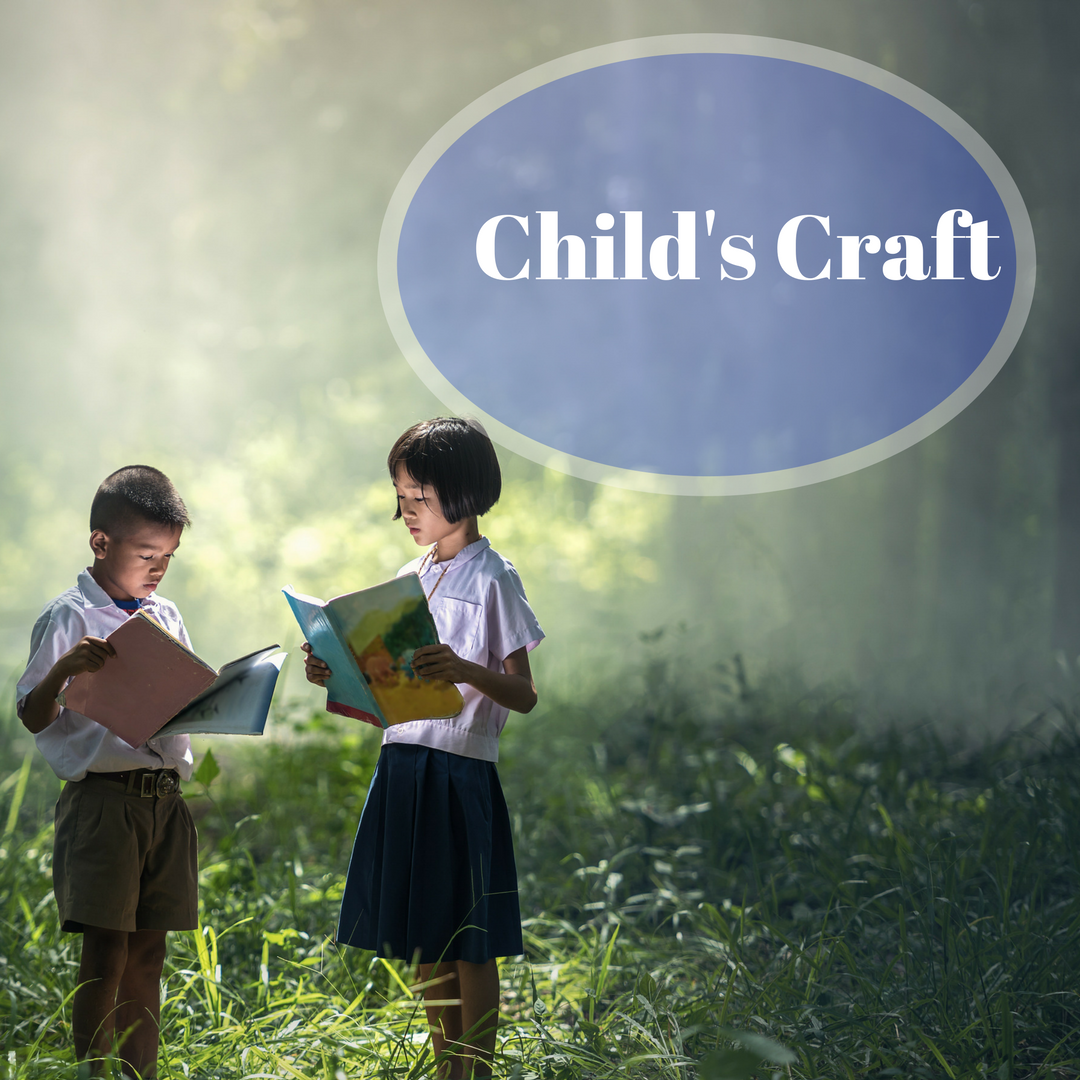
A Quick Look at the Two Middle Grade: Age of readers: 8 to 12 or 13 Length of books:…
October 21, 2018

